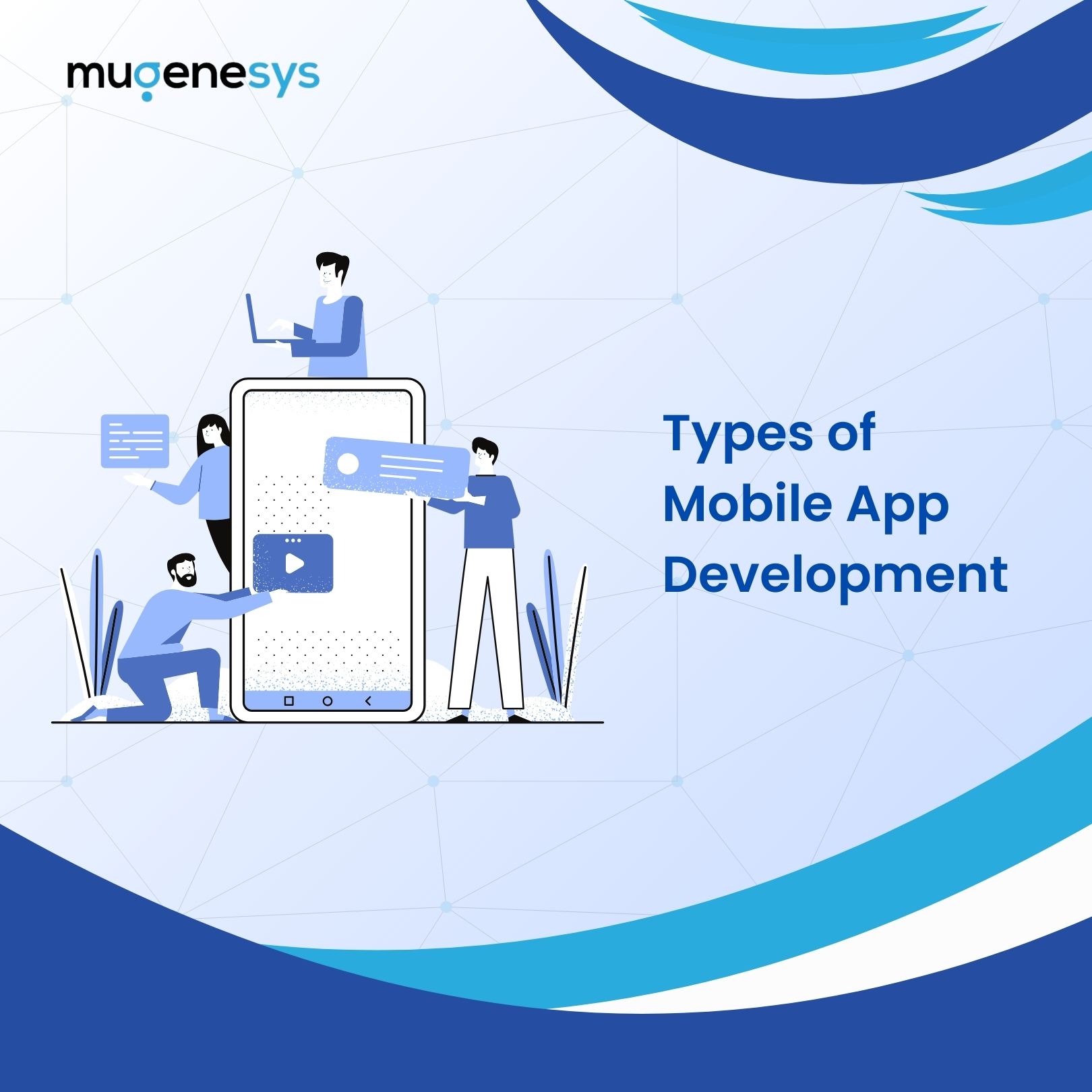


Introduction
There are thousands of mobile apps launched every single day. It becomes challenging for companies to decide the type of app that will be suitable for their business needs. Native, Hybrid, and Web are the different types of mobile app development options to choose from. There are multiple parameters such as performance, hardware features to access, debugging and profiling tools, dev support ecosystem, development cost, development time, ease of finding developers, easy to deploy and build size to be analyzed before narrowing down to one type of mobile app development suitable for you.
Native Application Development
When building an application for a specific operating system, native application development is used. This means those applications are native to a particular operating system. For developing an app for iOS and Android, these native applications
will be separately developed by utilizing and exploring multiple technology stacks. There are all significant features related to the compatible devices and the developing platform supported by the native application development. The native apps
can be downloaded from the respective application stores. For example, Android apps from the Google Play Store, iOS apps from Apple Play Store, and the like.
Pros
Cons
Hybrid Application Development
In Hybrid application development, apps are built using multi-platform web technologies (for instance HTML5, CSS, and JavaScript). Hybrid multi-platform apps are preferred these days as their development is easy. A single code base across all
platforms guarantees support and trouble-free updates. Broadly utilized APIs are available like accelerometer, geolocation, and gyroscope. But the hybrid applications lack the overall optimization, speed, and performance in contrast with native
applications. Also, there are design issues as the apps fail to get the same look on multiple platforms.
Pros
Cons
Web Application Development
Web apps are different from native apps and are not available on App Stores. However, web applications are just like websites designed solely for cell phones and tablets. The functionalities in a web app are very limited but its security, internet
speed, and technology are advanced. Web apps are software applications that act in a style like native applications. Web applications utilize a browser to run and are typically written in HTML5, JavaScript, or CSS. Web applications require less
device memory as the databases are stored on the server. Users just need an internet connection to access from any mobile device. That is the reason why a bad internet connection can give an awful user experience.
Pros
Cons
Conclusion
With the help of the above points, you should be able to choose one from the varied types of mobile app development. All in all, for the applications that are targeted to be launched on single platforms, that requires many customizations, higher
optimization level, a stable UI, etc. are considered in native application development. Hybrid Application Development is done for the applications that are planned to be launched on multi-platform or those apps that are developed for multiple
app stores. The applications with fewer resources, funds, or that don’t need App Stores are developed with HTML, CSS, and JavaScript into a Web App.
With over 12+ years of experience, we have developed and successfully launched mobile and web apps for over 200+ organizations.
We offer:Let's build your next product! Share your idea or request a free consultaion from us.
1. The Rise of Low-Code [...]
Read MoreIn-house software development vs outsourcing [...]
Read MoreTechnology has completely transformed the [...]
Read More